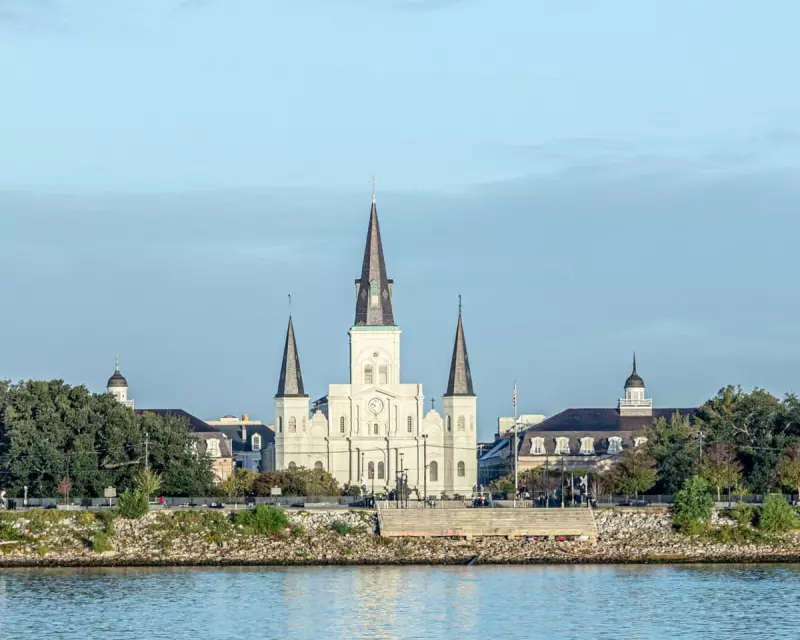
The Catholic Diocese of Lake Charles in Louisiana has filed for Chapter 11 bankruptcy protection, becoming the latest US diocese overwhelmed by clergy sexual abuse claims. The move comes as the church faces a surge of new lawsuits following Louisiana's landmark decision to open a three-year "lookback window" for victims to file claims regardless of when the abuse occurred.
Bankruptcy Amidst Flood of Lawsuits
Court documents reveal the diocese made the difficult decision after being confronted with "approximately 40 new lawsuits" filed under the state's revived claims law. Bishop Glen John Provost acknowledged the bankruptcy filing was necessary to address these claims "in a fair and equitable manner" while ensuring the diocese can continue its religious and charitable mission.
Louisiana's Legal Window Creates Wave of Cases
The situation in Louisiana mirrors a growing trend across the United States, where states extending or eliminating statutes of limitations for child sexual abuse have prompted numerous dioceses to seek bankruptcy protection. Louisiana's lookback window, which opened in 2021, has enabled hundreds of survivors to come forward with allegations that would previously have been time-barred.
Financial Strain and Transparency Promises
While the diocese maintains it has sufficient assets to continue operations, the bankruptcy process will require full financial disclosure and the establishment of a settlement trust for victims. Church officials have pledged transparency throughout the proceedings, though survivor advocacy groups remain cautious about whether the process will deliver meaningful justice.
National Pattern of Church Bankruptcies
Lake Charles becomes at least the third Louisiana diocese to seek bankruptcy protection in recent years, joining others in New Orleans and Houma-Thibodaux. Nationwide, more than two dozen Catholic dioceses have filed for bankruptcy since the clergy abuse crisis erupted publicly in 2002.
The bankruptcy filing automatically stays all pending litigation against the diocese, transferring claims to the bankruptcy court where a judge will oversee the creation of a reorganization plan and settlement fund for abuse survivors.





